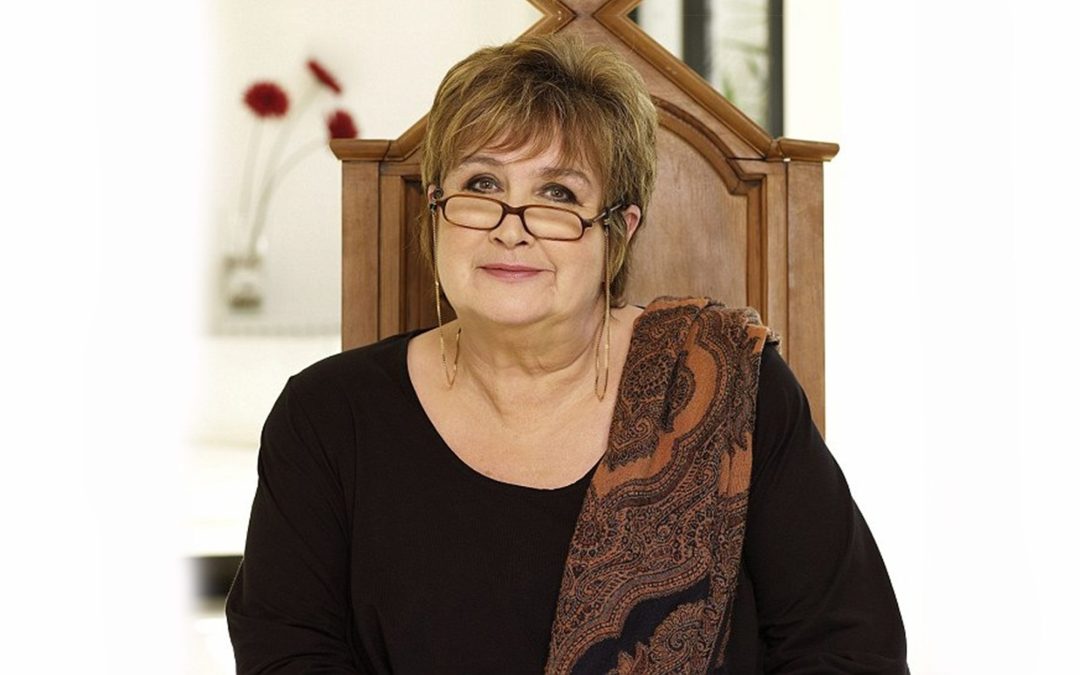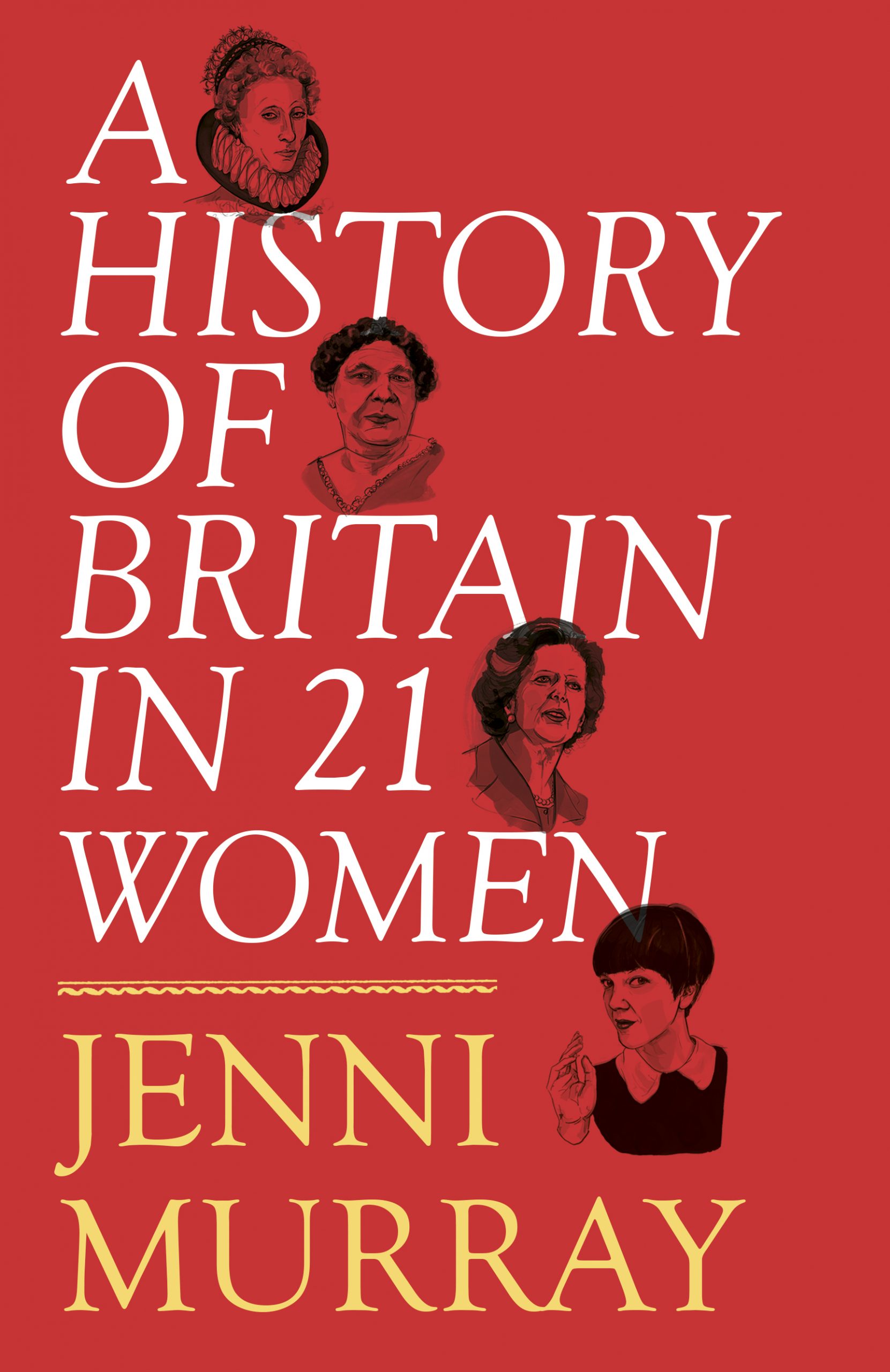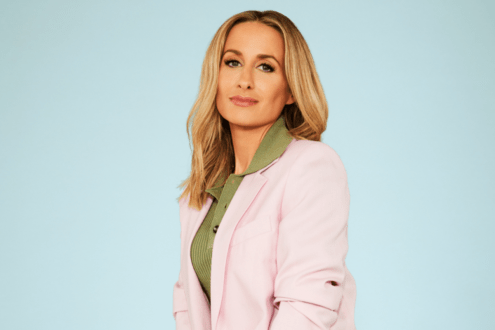Interview with Dame Jenni Murray
In A History of Britain in 21 Women, Dame Jenni Murray celebrates the inspiring and defiant spirit of heroines who refused to succumb to the accepted laws of society, who pushed back boundaries and revolutionised our world. She speaks to Psychologies before she heads to the Raworths Harrogate Literature Festival

Why did you write this book?
I think it’s really important that, especially young people, but also older people, know about these women. I’ve learned about them I suppose from childhood – Boadicea was the one I first knew – and then working on Woman’s Hour. From girlhood, people would say ‘oh you know it’s only men who did important things’, and yet still I find lots of young people don’t know. So that’s why I wrote A History of Britain in 21 Women.

Who inspired you the most, and why?
They all inspire me, but I have to say Queen Elizabeth 1 is my hero, ever since I was a teenager when I first heard about her at school. She’s the only queen in the book, because I didn’t really want to celebrate women who had only inherited their role, I wanted to celebrate women who had really struggled to do what they did. Of all the royals, she was the one who had to struggle. She was born to a not very nice father who beheaded her mother, and he made sure she was educated, but other than that she didn’t have too much parenting. She really had to struggle throughout her life, and then she was a wonderful queen.
What/who surprised you most?
Dame Ethel Smyth, the composer. What I liked most about her is she learned to play cricket with her brothers when she was a girl, and she learned to bowl overarm, rather than underarm. Emmeline Pankhurst asked her to teach the suffragettes how to throw stones when they decided they were going to break windows, and she did, and ended up in Holloway. When a whole group of suffragettes came to sing her March of the Women, she conducted them through the bars of her cell with her toothbrush!
Who did you feel the most challenged by?
The person who I found most difficult is Ada Lovelace – she was Lord Byron’s daughter. I think she was as mad, sad and bad to know, as he was, but she was a brilliant mathematician and worked on the very earliest computers. What I love about her is that she combined her mother’s mathematical genius with her father’s artistic genius, and realised that the computer could probably do more than just work out figures, that it could do art as well as science. It was challenging because my understanding of science and computers is zero!
What did you learn by writing the book?
How much I’ve loved reading about women who just defy every stereotype; they just say ‘I want to be a doctor, no matter how hard it is, I’ll be a doctor’, or ‘I think women should have the vote, they’re going to get the vote, no matter how hard I have to try’. Just inspiring, inspiring women.
Did anything that you learned make you change the way you live your life or change daily habits?
No, they just confirmed that I went about it the right way.
Why is this an important book for us to read right now?
A couple of years ago there was a proposal that feminism should be taken off the history syllabus and that only one woman of politics should be included in history lessons – Mary Wollstonecraft, the early 18th century feminist. And I was just appalled. I remember my son when he was studying history at A Level saying, ‘mum there’s something wrong with this book, there’s not any women in it!’ There was just half a page on the suffragettes. And we really need to know our women’s history.
Dame Jenni Murray will be talking about A History of Britain in 21 Women at the Raworths Harrogate Literature Festival, The Crown Hotel, on Saturday 21 October, 5pm. The four-day festival features Joan Bakewell, Victoria Hislop, Martin Sixsmith, Sophie Kinsella, Kate Garraway, Jonathan Aitken and many more.
Visit harrogateinternationalfestivals.com for the full line up. Tickets on sale now. Box office: 01423 562 303.









